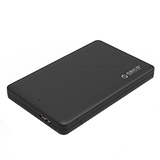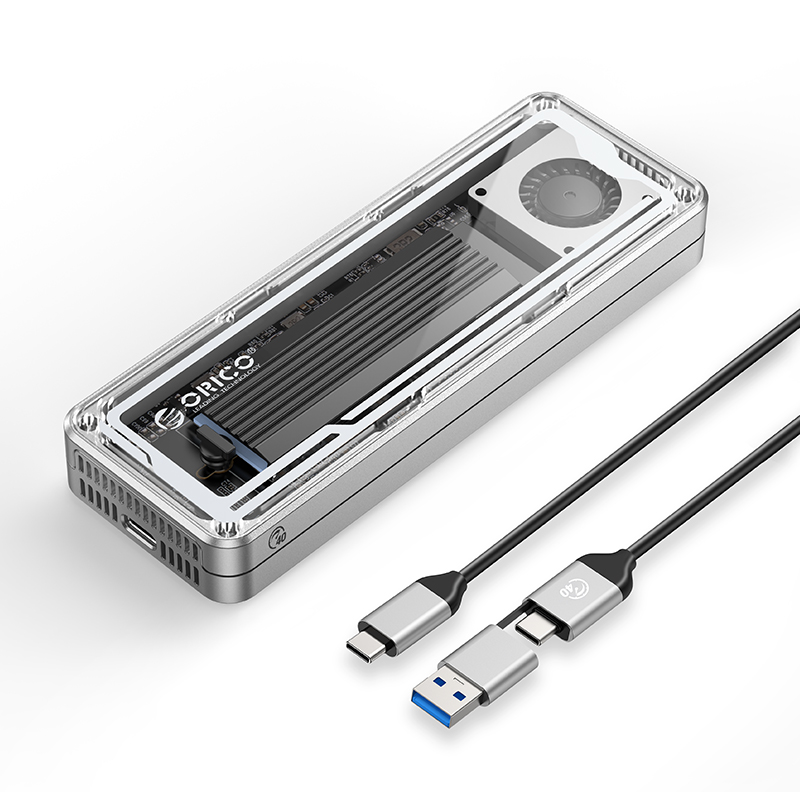What is GaN
Posted on May 17, 2024
What is GaN?
Gallium Nitride (GaN) is a semiconductor material that has gained significant attention in recent years due to its superior performance characteristics compared to traditional silicon. GaN is a wide bandgap semiconductor, which means it can operate at higher voltages, temperatures, and frequencies. This makes it an excellent candidate for various electronic applications, including power electronics, radio frequency (RF) components, and optoelectronics.
The Promise of Gallium Nitride
GaN’s properties offer several advantages over silicon:
1. Higher Efficiency: GaN devices have lower on-resistance and faster switching capabilities, leading to significantly higher efficiency. This reduces energy losses and heat generation, which is crucial for many electronic devices.
2. Compact Size: Due to their higher efficiency and faster operation, GaN components can be smaller and lighter than their silicon counterparts. This is particularly beneficial for portable and space-constrained applications.
3. Thermal Performance: GaN can handle higher temperatures, reducing the need for extensive cooling solutions. This contributes to both the reliability and compactness of electronic systems.
4. Frequency and Power Handling: GaN can operate at much higher frequencies and power levels, making it ideal for high-power and high-frequency applications such as RF amplifiers, wireless charging, and power conversion systems.
The Future of Gallium Nitride
The future of GaN looks promising across various industries. As technology continues to evolve, the demand for more efficient, compact, and powerful electronic devices is driving the adoption of GaN technology. Here are some areas where GaN is expected to make a significant impact:
1. Consumer Electronics: GaN is set to revolutionize consumer electronics by enabling smaller, more efficient chargers and power supplies. This includes fast-charging adapters for smartphones, laptops, and other portable devices.
2. Automotive Industry: Electric vehicles (EVs) and hybrid electric vehicles (HEVs) can benefit from GaN’s efficiency and power density. GaN components can improve the performance and reduce the size and weight of power conversion systems in vehicles.
3. Telecommunications: The telecom industry can leverage GaN’s high-frequency performance for 5G infrastructure, including base stations and satellite communications.
4. Renewable Energy: GaN can enhance the efficiency of power converters in renewable energy systems, such as solar inverters and wind turbine controllers, leading to more effective energy use and lower costs.
GaN in Chargers: A Game-Changer
One of the most visible applications of GaN technology today is in chargers. Traditional silicon-based chargers have limitations in terms of size, efficiency, and heat dissipation. GaN chargers, on the other hand, offer several compelling benefits:
1. Faster Charging: GaN’s high efficiency and fast switching allow for higher power delivery in a smaller form factor. This means that GaN chargers can charge devices much faster than traditional chargers.
2. Compact and Lightweight: GaN chargers are significantly smaller and lighter than their silicon counterparts. This makes them more convenient for travel and everyday use.
3. Better Thermal Management: With better thermal performance, GaN chargers generate less heat, improving their reliability and lifespan.
4. Universal Compatibility: Many GaN chargers come with multiple ports and support various fast-charging protocols, making them versatile and capable of charging multiple devices simultaneously.
Conclusion
Gallium Nitride is poised to transform the electronics industry with its superior performance characteristics. From enhancing consumer electronics to revolutionizing the automotive and telecommunications industries, the potential applications of GaN are vast. In particular, GaN chargers are already demonstrating how this technology can deliver significant benefits in terms of efficiency, size, and convenience. As research and development in GaN technology continue to advance, we can expect even more innovative applications and widespread adoption in the near future.
Recommended for you














 Store
Store








